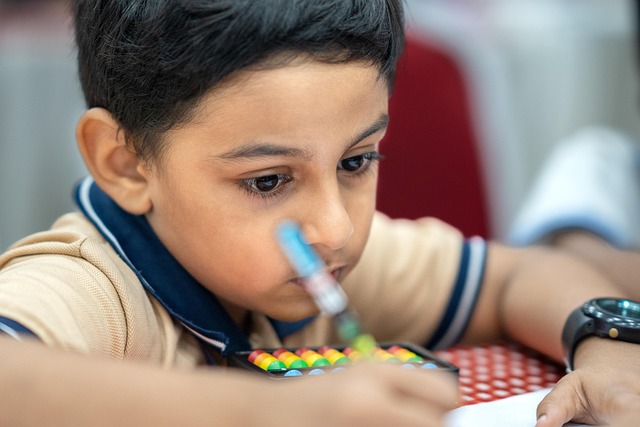In a world increasingly dominated by screens and virtual connections, the concept of offline catfishing shines a light on the subtler, often overlooked deceptions that occur in our every day lives. As we embark on digital detox journeys, striving to reconnect with ourselves and those around us, the realities of what we face when we step away from our devices can be startling.
Digital detox has become a popular mantra; we are encouraged to take breaks from our devices to reclaim our time, focus, and genuine human interactions. However, with this newfound freedom comes the unsettling revelation that some of the connections we cherish may not be as authentic as we once thought. The term offline catfishing” emerges as we start to unmask the facades and personas people construct, reflecting the same deceitfulness that exists online but cloaked in face-to-face interactions.
As we disconnect from our constant connectivity, we often find ourselves in a paradox. While we desire deeper human connections, we also have to navigate the complexities of identity and authenticity in our offline relationships. Just as digital catfishing manipulates images and personas, offline catfishing can manifest in various forms—be it through exaggerating personal stories, playing up one’s achievements, or even adopting an entirely different persona.
This phenomenon speaks to a greater cultural narrative where technology and human interaction collide. Many are eager to escape the digital realm, but stepping back can provoke anxiety as we grapple with the truth of those we interact with. Have we failed to foster authentic relationships in our quest for likes and followers? The challenge now lies in redefining what it means to connect—both digitally and in person.
Technology offers us unparalleled convenience and the ability to create an identity tailored to our desires, but it also fosters a landscape where authenticity is often compromised. Users of social media can curate their lives, presenting a polished version of themselves that may not reflect reality. This has led to a culture where friends and acquaintances resemble distant followers rather than close companions. When we detach from technology, we must confront the fact that our preconceptions of others might be skewed by carefully curated social profiles.
Forging genuine connections requires vulnerability and honesty, qualities that can sometimes be overshadowed by our desire to appear perfect. Engaging in offline catfishing can lead to feelings of loneliness, as relationships built on false pretenses inevitably crumble. The challenge for many becomes how to navigate these relationships authentically while still striving for connection in a sometimes deceitful landscape.
Taking the time for a digital detox invites us to not only reconnect with those around us but encourages reflection on how we present ourselves. As we distance ourselves from the online world, we can shift our focus towards building honest, real-life relationships grounded in trust and understanding. Recognizing the nuances of offline catfishing urges us to be more aware of the personas we adopt, inspiring a culture of authenticity rather than competition.
Let us challenge ourselves to practice transparency in our relationships, both online and offline. By doing so, we can cultivate communities built on truth and foster connections that are richer, deeper, and resonate with the shared human experience. The journey of disconnection from the digital facades is arguably just as important as the reconnection with our true selves and those around us.




